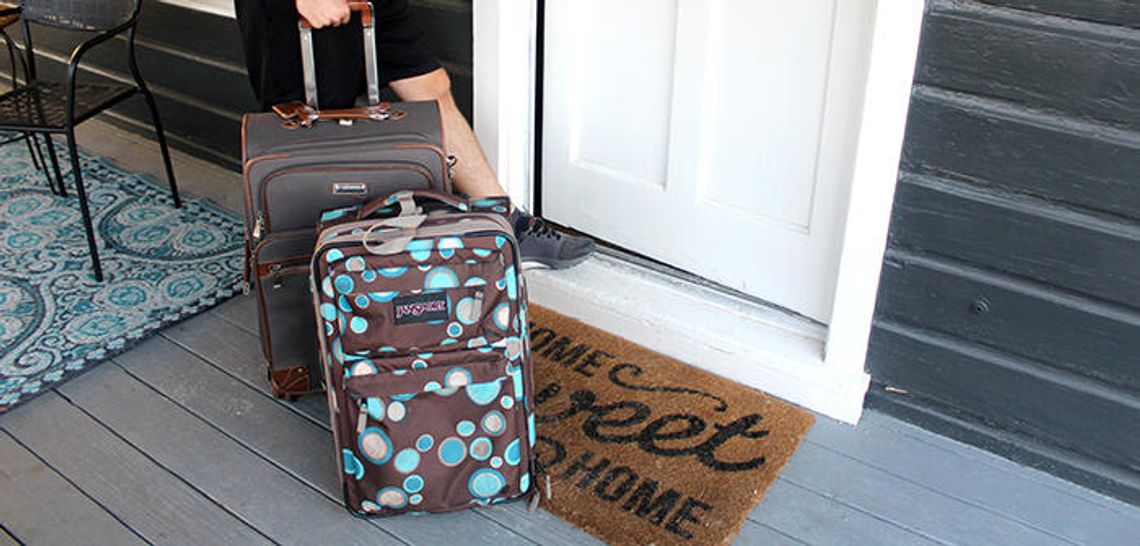After what appeared to be steady progress to further regulate Wimberley’s lodging industry, an abrupt recommendation to delay further action on the ordinance change leaves officials in limbo.
At the March 14 Planning and Zoning (P&Z) Commission meeting, commissioners took no action to recommend an ordinance change that has been discussed by the STR Committee since its conception in July 2018.
The decision for no action came after City Administrator Shawn Cox and the city’s attorney pulled the reins on the proposed ordinance change, citing proposed legislation at the capitol could define the future of STRs.
PLEASE LOG IN FOR PREMIUM CONTENT. Our website requires visitors to log in to view the best local news.
Not yet a subscriber? Subscribe today!










